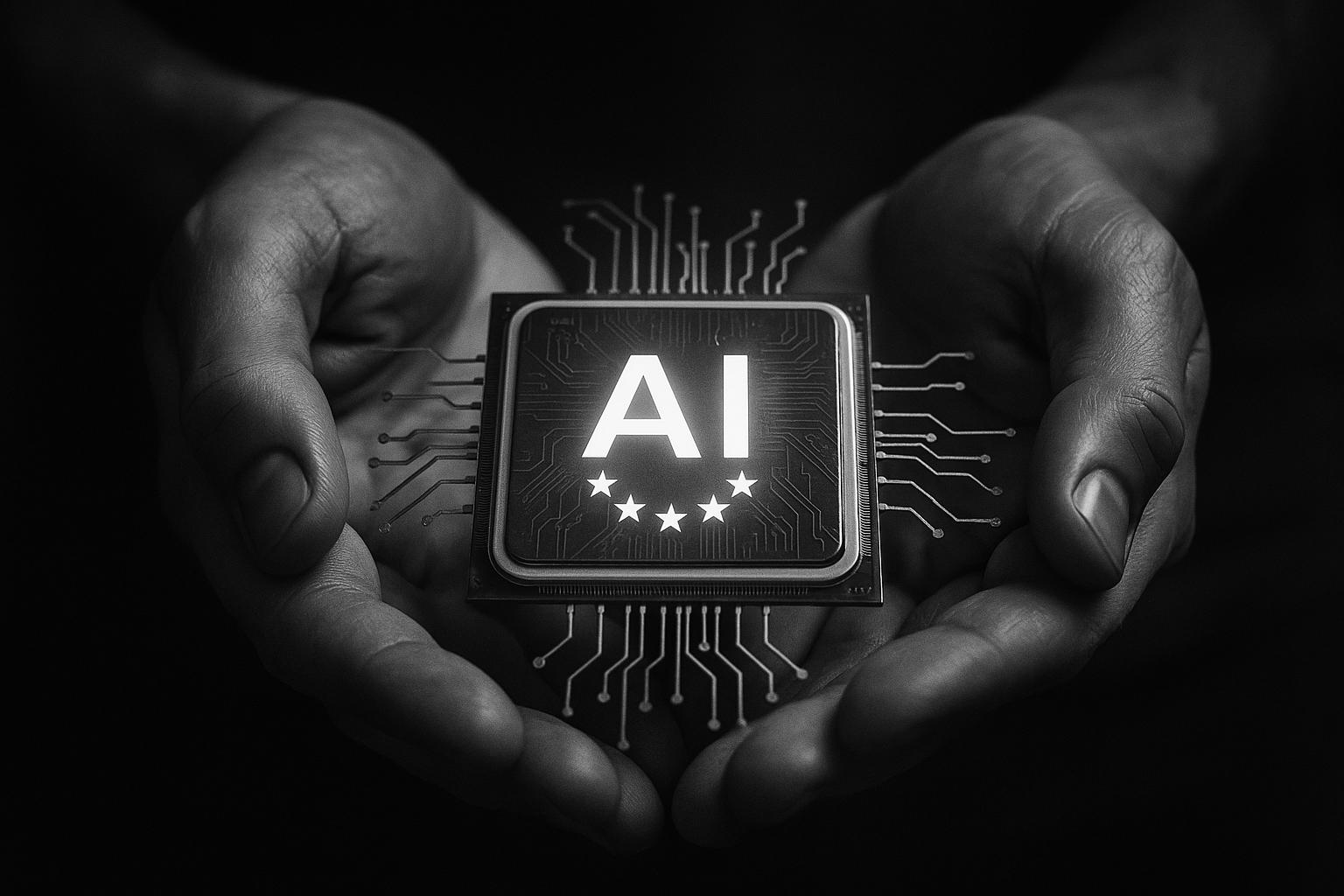Nvidia's co-founder and CEO Jensen Huang has taken Europe by storm in a recent tour that signals robust ambitions for artificial intelligence (AI) infrastructure across the continent. His presence was felt at various high-profile events, including the celebrated VivaTech conference in Paris, where he met with influential figures such as French President Emmanuel Macron and U.K. Prime Minister Keir Starmer. These engagements were not merely ceremonial; they highlighted a fresh narrative that positions Nvidia as more than just a chip maker. Huang has framed the company as an integral partner for Europe to establish its AI capabilities, emphasising that AI must be treated as a fundamental infrastructure akin to electricity.
During his keynote at the VivaTech conference on June 11, 2025, Huang underscored the urgency for European nations to collaborate on building their AI ecosystems. “We believe that in order to compete, in order to build a meaningful ecosystem, Europe needs to come together and build capacity that is joint,” he stated. This provocative message resonated powerfully with policymakers and stakeholders who recognise the strategic importance of AI in a rapidly evolving global landscape. Spearheading this initiative is a significant partnership with French startup Mistral, aimed at jointly constructing an "AI cloud" powered by Nvidia's advanced GPUs. This initiative not only reflects Huang’s vision but also addresses the pressing need for European countries to develop localised data centres to maintain sovereignty over their digital landscapes.
Nvidia's continental tour yielded further noteworthy announcements, including a partnership with Deutsche Telekom to establish the first industrial AI cloud in Germany, set for completion by 2026. This project, which will incorporate 10,000 Nvidia chips, illustrates a shared commitment to enhancing Europe's digital sovereignty. German Chancellor Friedrich Merz called the initiative a critical stepping stone for boosting the nation’s economic future and reaffirming its stature within the European tech ecosystem. These initiatives are particularly timely, as the continent grapples with a significant computing power deficit for AI, a gap that Huang announced would be addressed through plans for at least 200 new AI data centres.
Despite the optimism surrounding these developments, Huang also delivered a stark warning regarding the competitive landscape with China. In a candid conversation for CNBC's "Squawk Box Europe," he disclosed that U.S. export controls have severely hampered sales of advanced Nvidia chips to Chinese entities, resulting in a substantial financial hit for the company. Huang characterised Huawei, a leading Chinese tech firm, as a rival that is still a generation behind Nvidia in terms of chip sophistication. However, he acknowledged that the vast resources of China could allow Huawei to create competitive products through sheer volume of chips, underscoring the global stakes involved in the AI race.
Huang’s tour also encompassed discussions on emerging technologies, including quantum computing, which he is increasingly optimistic about following a previously sceptical stance. His newfound enthusiasm suggests a readiness to integrate quantum advancements into Nvidia's broader AI strategy. Huang expressed that robotics and autonomous vehicles are set to define the upcoming decade, revealing the profound shifts in technology that Nvidia aims to drive.
As the narrative unfolds, Nvidia’s evolving partnerships and Huang’s assertive vision position the company as a key player in shaping Europe’s AI future. The challenge remains for regional players to align their policies and investments effectively, ensuring that Europe maintains a competitive edge in the global technology arena.
📌 Reference Map:
- Paragraph 1 – [1], [4]
- Paragraph 2 – [1], [3], [6]
- Paragraph 3 – [2], [3], [4]
- Paragraph 4 – [1], [5], [6]
- Paragraph 5 – [7]
Source: Noah Wire Services
